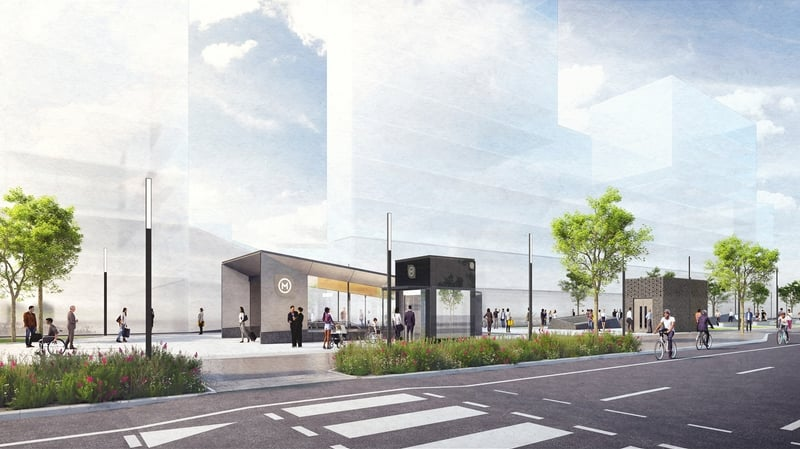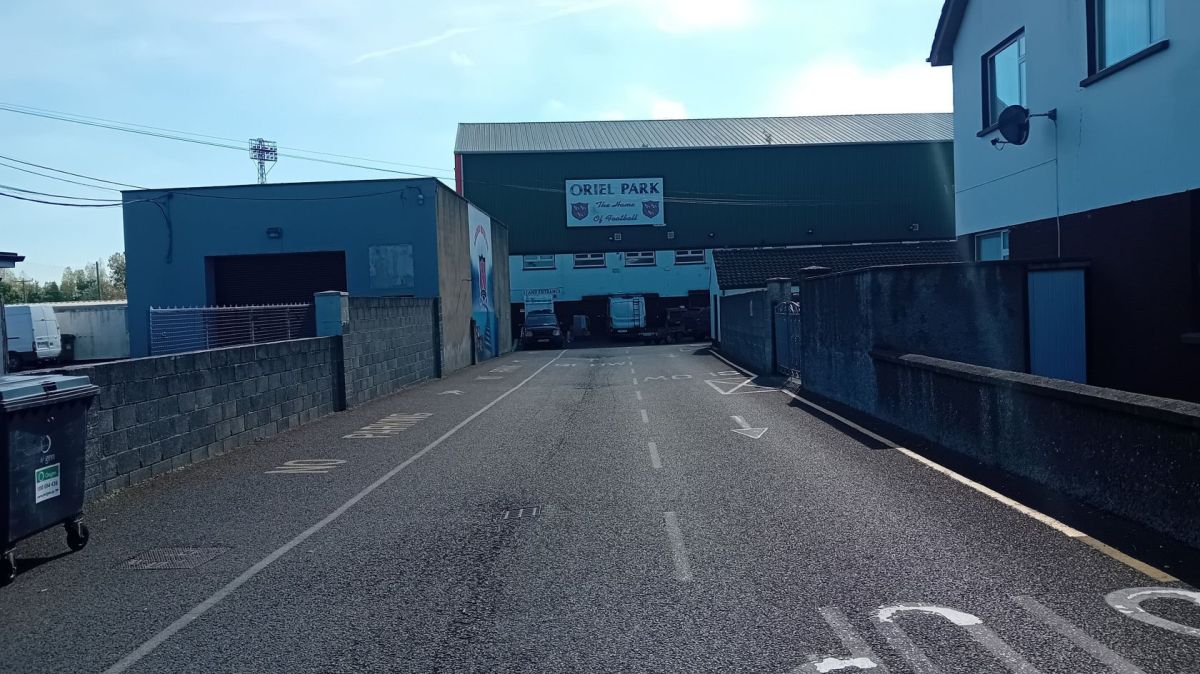The DNA Museum (Derry-Londonderry on the North Atlantic), set in the city’s Ebrington Square, aims to celebrate the region’s maritime, cultural and industrial legacy through immersive exhibitions.
The £15 million initiative will feature six galleries, a discovery zone, and a genealogy service, with doors scheduled to open to the public in spring 2027. For Margaret Edwards of Derry City and Strabane District Council’s museum service, the project marks the fulfilment of a two-decade ambition.
“This has been a long time coming,” Edwards told BBC Radio Foyle. “We’ve wanted this for years, and it’s exciting to finally see the work begin.”
The sun was shining on Ebrington Square today for the launch event of construction on the new DNA Museum. The hoarding is up and work will be getting underway to deliver this exciting £15m landmark project for the NW – a bit of history in the making!
— Derry Strabane Cncl (@dcsdcouncil) September 24, 2025
👉https://t.co/gpXv31RiWp pic.twitter.com/8TRkd0lkiU
The new museum will bring together existing exhibits from the Tower Museum, including the Story of Derry and the Spanish Armada collections, alongside new displays on the city’s role in World War Two, its industrial growth, and the civil rights movement.
One highlight will be the story of La Trinidad Valencera, a Spanish galleon that sank off the Donegal coast in 1588, later discovered by local divers in 1971. Another will examine the strategic importance of Lisahally port, where around 60 German U-boats surrendered at the end of the Second World War, reinforcing the city’s critical role in the Battle of the Atlantic.
The museum forms part of the Derry and Strabane City Deal, funded by Stormont’s Executive Office, the Department for Communities, and the National Lottery Heritage Fund. Communities Minister Gordon Lyons described the project as “a vibrant hub of community, a celebration of our culture and heritage, and a space that fosters creativity and innovation.”
Once complete, the DNA Museum is expected to become a cornerstone of cultural tourism in Northern Ireland, anchoring Derry’s identity as a city shaped by both people and place.














